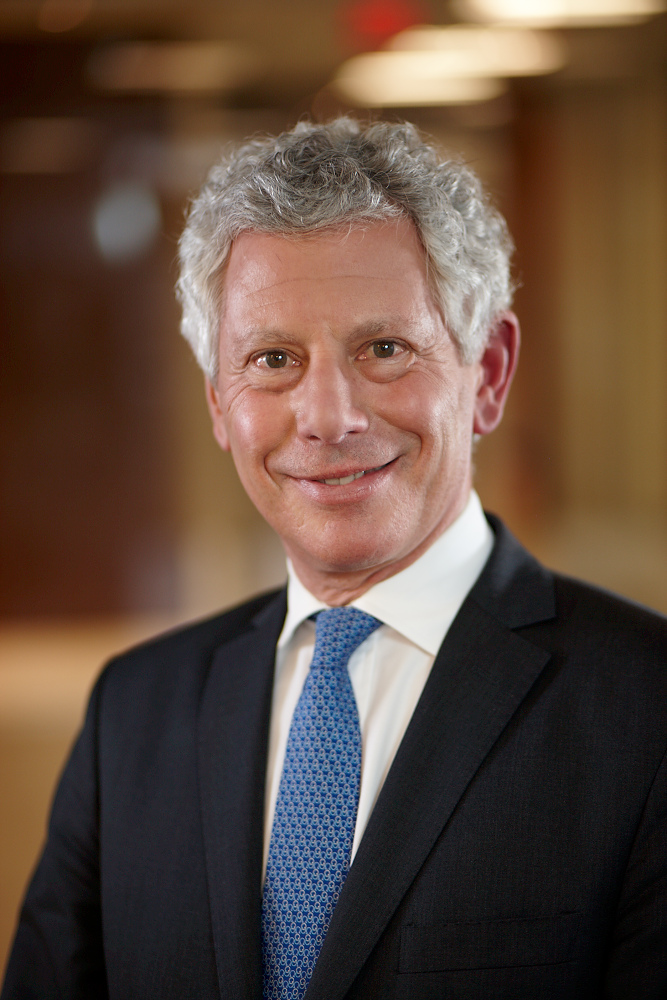October 18, 2020 | By Julius Melnitzer
Tax cheats and money launderers, it seems, are all the rage in Canadian and international news again.
But chances are we’ll hear little about how governments have forced them to disgorge their ill-gotten gains. That’s because the cheats and their advisors have mastered the art of corporate disguise, in the form of shell companies or other “layered asset protection structures (LAPS)”.
LAPS are multiple-entity structures. Generally, one entity, the operating business, holds little of value. The others – frequently spread among various jurisdictions in a tangled corporate web – hold the valuable assets. Although LAPS have legitimate uses, they’re common vehicles for shady purposes.
Sadly, our government has done little, if anything, to ramp up its enforcement powers and control these entities.

“In Canada, and in many other jurisdictions, it can be difficult to enforce judgments and arbitration awards against offenders who have structured their affairs in this way because there’s no legislation in place that allows courts to put the corporate veil in proper context,” says Barry Leon, a member arbitrator at Arbitration Place in Toronto and a former presiding judge of the British Virgin Islands (BVI) Commercial Court.
Besides, it’s hard to miss the fact that the Basel Institute on Governance’s 2020 Basel AML Index, which measures nations’ vulnerability to money laundering, tax evasion, terrorist financing and the like, ranked Canada 94th among 141 countries. Even Colombia did better, as did all of Canada’s Five Eyes intelligence-sharing partners.
Most denunciations of Canada, however, focus on prevention. Critics characterize the country’s anti-money laundering legislation as late to the party and too easy on offenders. Many cite the country’s big financial institutions, who have reportedly faced sanctions for disclosure and due diligence transgressions just once.
Calls for a national registry aimed at revealing beneficial ownership of shell companies has so far gone nowhere. British Columbia’s beneficial land ownership registry launches in November, and Quebec legislation mandating the disclosure of “nominee contracts” came into force in September. But the efficacy of these and similar measures are unclear.
“The stated purpose of the (B.C. legislation) is to fight money laundering in the province and tackle the housing affordability issues,” says Anousheh Torabi in Osler, Hoskin & Harcourt’s Vancouver office. “As there have been a variety of other mechanisms deployed to address these two issues, the effectiveness of this individual approach will be hard to gauge.”
Leon, for one, isn’t a believer in the efficacy of beneficial ownership registers for prevention or enforcement purposes.
“The short answer is that they don’t work because the real bad guys are not going to be truthful,” he says.
In an article co-authored with arbitrator Dancia Penn, Leon suggests that many jurisdictions might do well to follow BVI’s lead in enacting its Charging Orders Act (COA).
“BVI courts have long been receptive to recognition and enforcement when a foreign judgment creditor complies with a limited number of ordinary requirements,” Leon and Penn write. “They have had little patience for obstructive guerilla tactics designed to avoid or delay recognition and enforcement.”
Still, BVI lacked a direct remedy for creditors against LAPS. The COA, which came into force earlier this year, ensures that courts can disregard a structure that is designed to immunize assets from enforcement.
“Perhaps other jurisdictions – both offshore and onshore – will follow the BVI’s lead, using the Act as a template,” write Leon and Penn.
It’s worth thinking about. BVI is, after all, home to about 400,000 companies with assets of US$1.5 trillion. They are the world’s seventh largest source of foreign direct investment. Indeed, some are in the group structures of over 140 major companies listed in London, New York and Hong Kong.
And Leon, it turns out, is a Canadian lawyer who practised with Torys LLP in Toronto and Ottawa’s Perley-Robertson, Hill & McDougall LLP before going to the BVI bench.
It’s hard to imagine his advice doesn’t have this country top of mind.
RELATED STORIES
Regulating cryptocurrency exchanges: unclear definitions
Julius Melnitzer is a Toronto-based legal affairs journalist, writing coach and media trainer for lawyers and legal departments. Readers can reach him at julius@legalwriter.net.